The state funeral for Archbishop Desmond Tutu, a hero of the struggle against apartheid in South Africa, began on Saturday in St George’s Cathedral, Cape Town, where for years he preached against racial injustice.
President Cyril Ramaphosa was delivering the main eulogy for Tutu, who was awarded the Nobel Peace Prize in 1984 for his non-violent opposition to white minority rule. His death on Sunday aged 90 triggered an outpouring of tributes from around the world.
Tutu’s widow Nomalizo Leah, known as “Mama Leah”, sat in a wheelchair in the front row of the congregation, draped in a purple scarf, the colour of her husband’s clerical robes. Ramaphosa wore a matching necktie.
“Small in physical stature, he was a giant among us morally and spiritually,” said retired Bishop Michael Nuttall, who served as Tutu’s deputy for many years.
Life-size posters of Tutu, with his hands clasped, were placed outside the cathedral, where the number of congregants was restricted in line with Covid-19 measures.
Archbishop of Canterbury Justin Welby, who leads the global Anglican Communion, said in a recorded message: “People have said ‘when we were in the dark, he brought light’ and that… has lit up countries globally that are struggling with fear, conflicts, persecution, oppression.”
Tutu’s family members were visibly emotional.
His daughter, Reverend Nontombi Naomi Tutu, thanked well-wishers for their support as the requiem Mass began, her voice briefly quivering with emotion.
Hundreds of well-wishers queued on Thursday and Friday to pay their last respects to Tutu as he lay in state at the cathedral.
Widely revered across South Africa’s racial and cultural divides for his moral integrity, Tutu never stopped fighting for his vision of a “Rainbow Nation” in which all races in post-apartheid South Africa could live in harmony.
‘Moral Compass’
Cape Town, the city where he lived for most of his later life, was unseasonably rainy on Saturday as mourners gathered to bid farewell to the man fondly known as “The Arch” and often described as South Africa’s “moral compass”.
A small crowd of around 100 people followed the funeral proceedings on a big screen at the Grand Parade, opposite City Hall where Tutu joined Nelson Mandela when he gave his first speech after being freed from prison.
“We have come to give our last respects to our father Tutu. We love our father, who taught us about love, unity and respect for one another,” said Mama Phila, a 54-year-old Rastafarian draped in the green, red and yellow colours of her faith.
As Anglican archbishop of Cape Town, Tutu turned St George’s into what is known as a “People’s Cathedral” a refuge for anti-apartheid activists during the turbulent 1980s and 1990s when security forces brutally repressed the mass democratic movement.
His body will be cremated in a private ceremony after the requiem Mass and will then be interred behind the pulpit.
Mandela, who became the country’s first post-apartheid president and who died in December 2013, once said of his friend: “Sometimes strident, often tender, never afraid and seldom without humour, Desmond Tutu’s voice will always be the voice of the voiceless.”

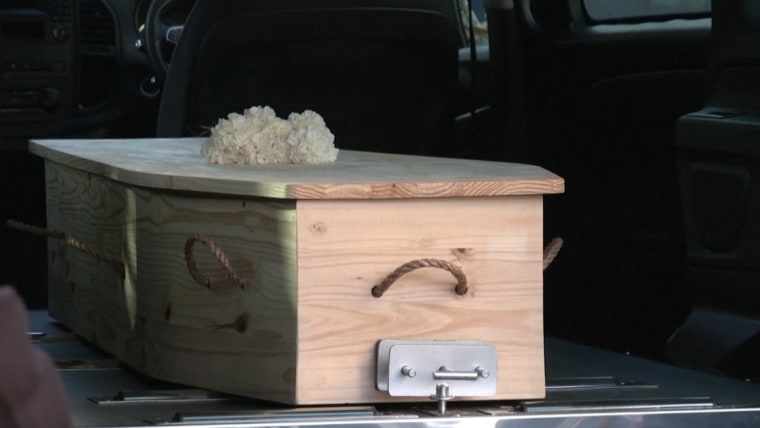

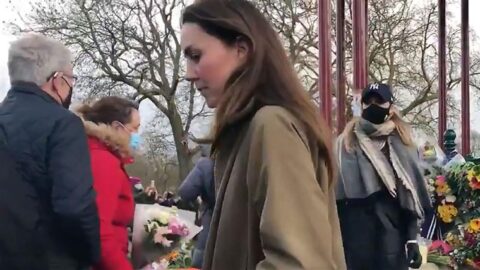
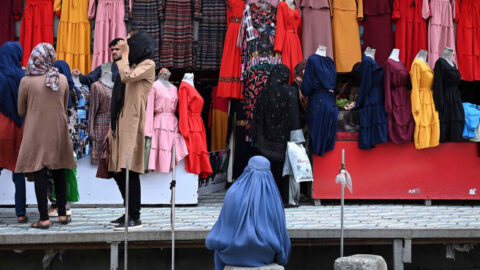
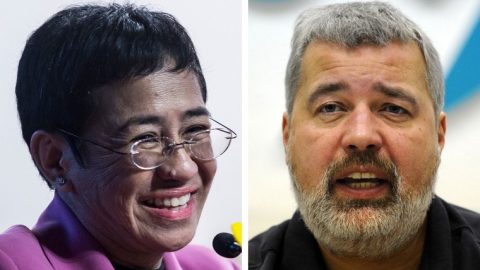

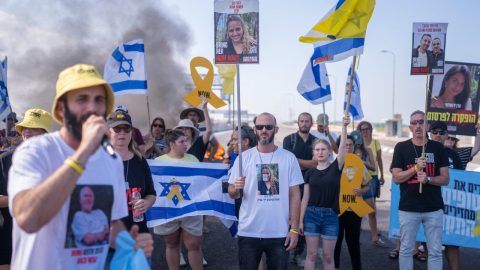

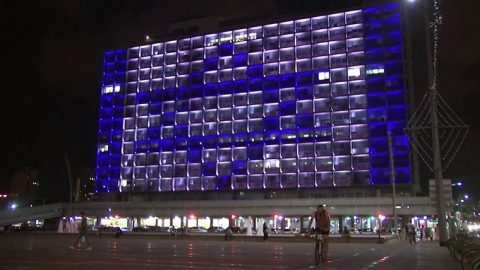
Recent Comments